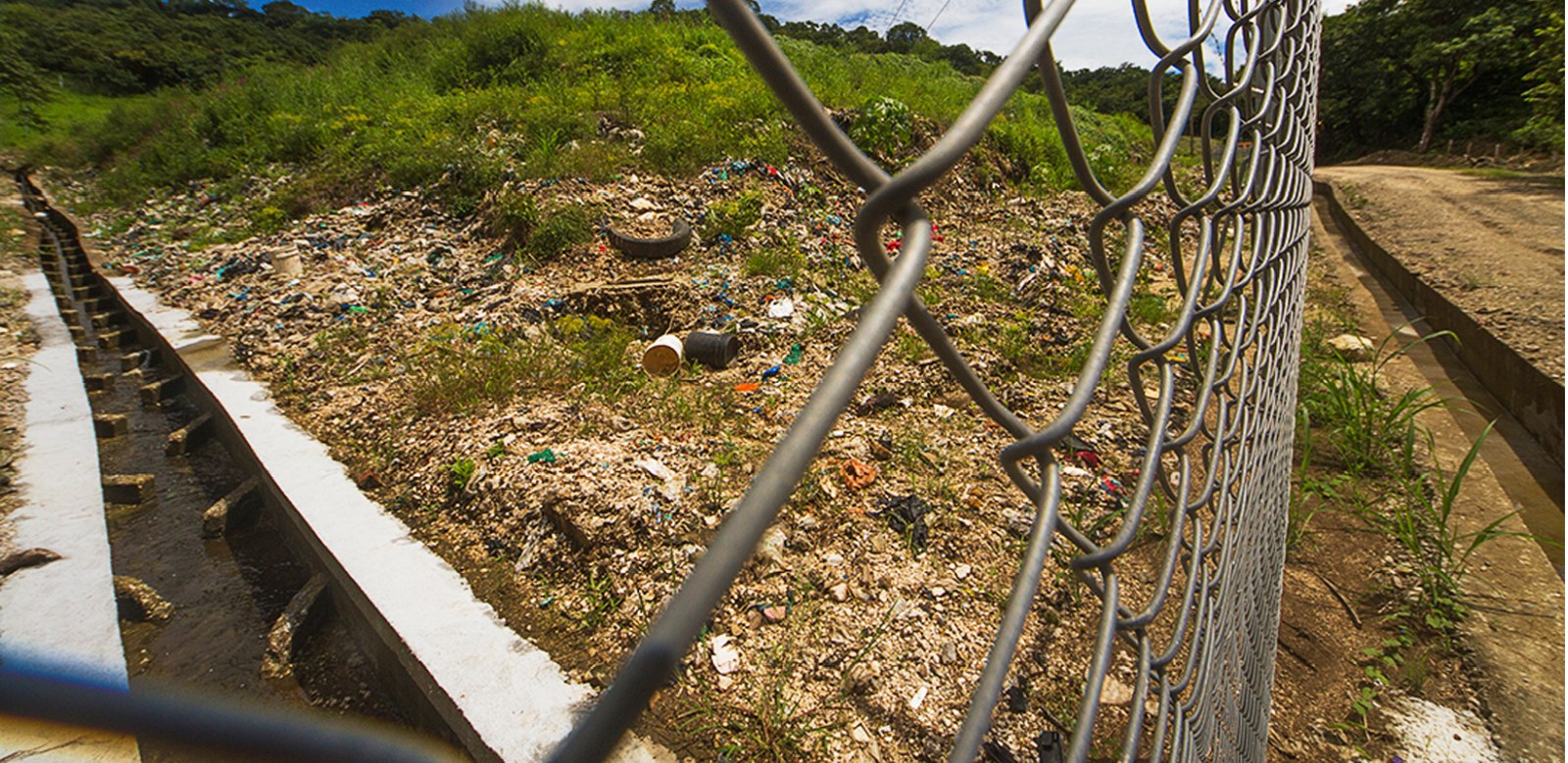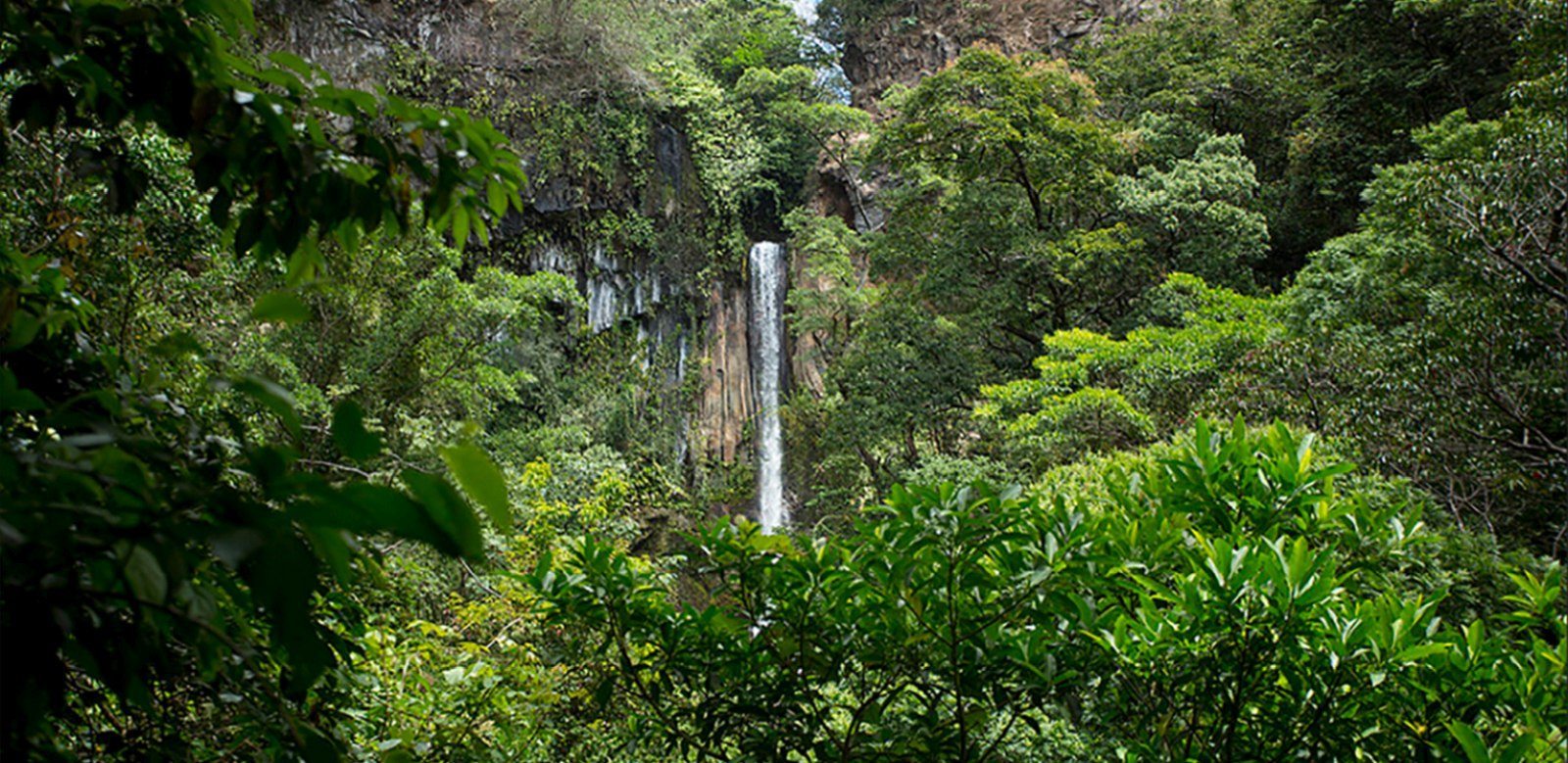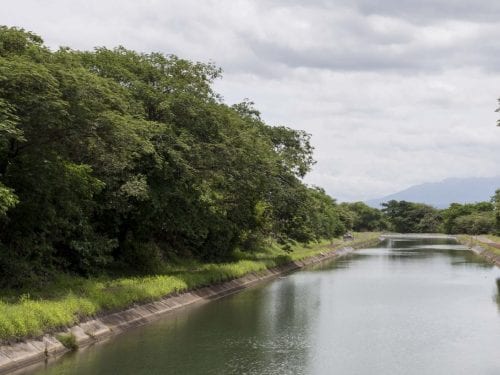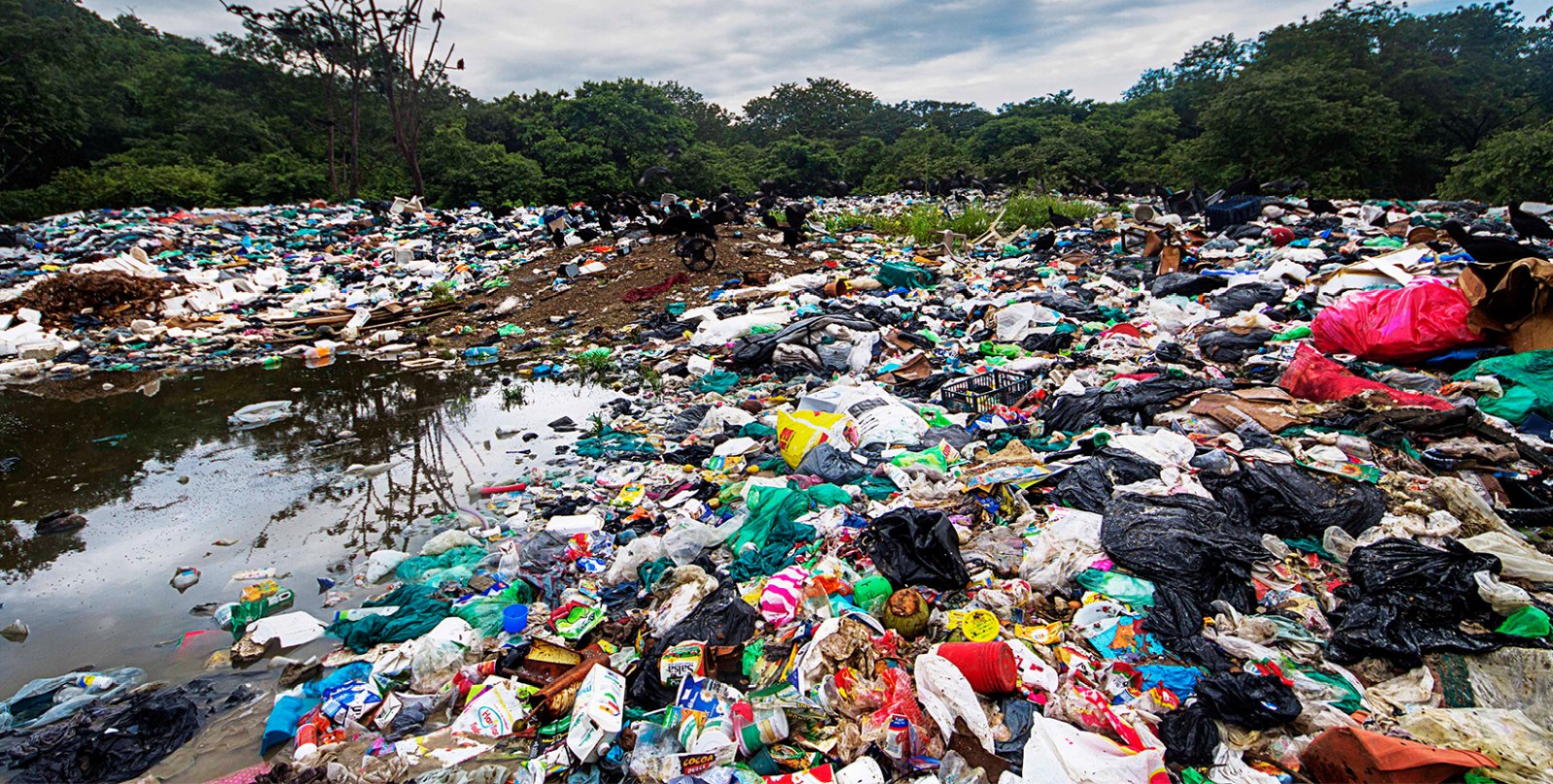
The Ministry of Environment and Energy (MINAE) committed to eliminating the moratorium that prevents thermal processing activities for ordinary solid waste.
The announcement was made on Friday, June 5th, by Irene Cañas Diaz, vice minister of energy, during the Energy Saving and Efficiency Seminar organized by Coopeguanacaste, when she publicly committed to to expediting the approval of the regulation that would regulate the thermal processing of solid waste.
“My commitment is to return to San Jose and see how to hurry up the approval of the regulation in laws and decrees. It goes from being signed by the ministers [of environment and health] and then to laws and decrees in the Presidential House. We are going to have it ready by July 25th,” Cañas said.
The vice minister also said that the regulation has gone through several stages of review, including by MINAE’s legal department.
In addition, she said that the regulation makes the ministries of environment and health responsible for regulating the processes of thermal transformation.
“Both ministries have responsibility because, with these types of technologies, there is an impact on the quality of the environment. In this sense, DIGECA (Direccion de Gestion de Calidad Ambiental – Management of Environmental Quality) is going to have the function of inspecting some parts of the regulation,” she indicated.
Miguel Gomez, general manager of Coopeguanacaste, was pleased with the announcement of the lifting of the moratorium since it would permit the cooperative to continue the process of building the modular gasification plant to convert waste into electricity.
“The news from the vice minister to have the moratorium lifted by July 25th pleases us, of course, because Coopeguanacaste has invested time and resources in the project, and we believe it is a solution to eliminate a problem that is suffocating us all, like the garbage [problem] is,” Gomez said.
Gasification of trash as an alternative, in order to reduce the shipping of garbage to dumps, has the full support of the municipalities of Carrillo, Liberia and Nicoya.
Environmentalists Reaffirm Their Support of the Moratorium
Vice Minister Cañas reminded that the moratorium decreed on June 11, 2014, was established as a safeguard for health and the environment, noting that companies looking to implement these technologies of thermal processing, including gasification, plasma and pyrolysis, should adhere to what is established in the regulation and comply with technical specifications.
The moratorium is supported by the environmental organizations Costa Rican Conservationist Federation (FECON – Federacion Conservacionista de Costa Rica) and the Alliance of Environmentalist Networks (ARA – Alianza de Redes Ambientalistas), who have expressed their opposition to the development of these types of projects
For them, if the gasification plants were built, they would later have to be fed by waste, so this alternative would increase the consumption and production of garbage, moving farther away from the longed-for goal of waste reduction.
FECON described gasification as “widely questioned in many countries due to being considered unsustainable, non-renewable, with intensive use of carbon and therefore a contributor to global warming, increasing the climate change phenomenon, and delaying comprehensive proposals to reduce waste generation.”
|
Gasification Project in Guanacaste The gasification plant, which is not the same as a burning or incineration plant, would convert solid waste into a combustible gas that is called “Syngas.” The gasification project would cost approximately $35 million. According to estimates and studies done by Coopeguanacaste, supported by measurements from the United States Environmental Protection Agency (EPA), the cantons of Carrillo, Liberia and Nicoya combined produce about 150 tons of waste per day, which could be transformed in the plant to produce 9 megawatts, which would provide electricity to about 15,000 Guanacaste households. |








Comments